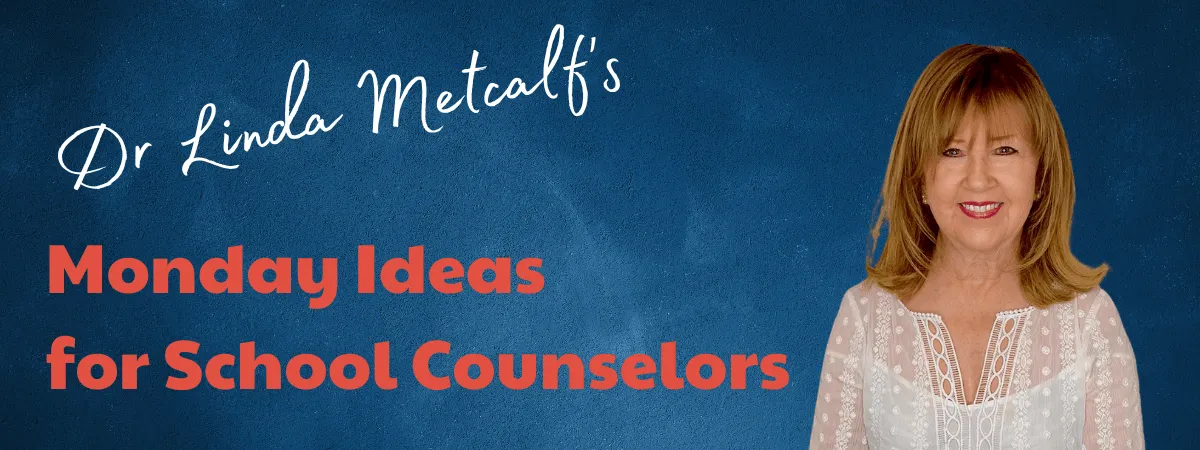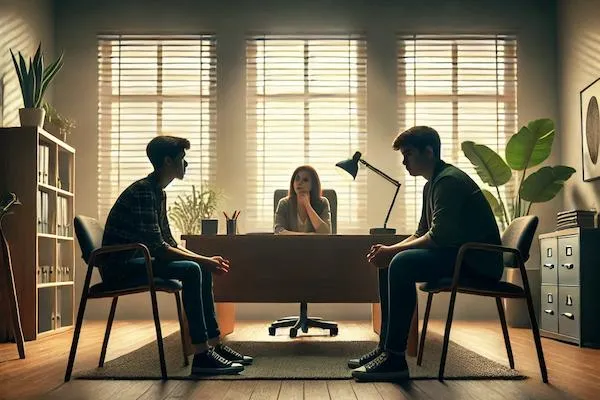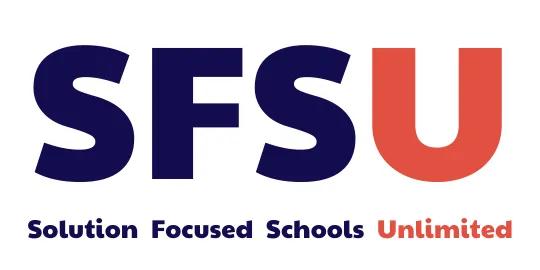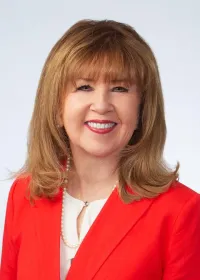
Monday Ideas for School Counselors
Weekly articles for school counselors with ideas on how to resolve typical school situations with students, teachers and parents using the solution focused approach.

Seeing Each Other Through a Respectful Lens
Many years ago, when I was a school counselor, I often found myself spread thin between several schools, like many of you! One day, I was called to talk to an elementary student who had developed tics from a new medication he had started taking. The tics made him upset, mostly because his classmates would make fun of him whenever his face jerked involuntarily. One particular student was bullying him, and others joined in making fun of him too.
Before going to the school, I asked the teacher to get permission for me to talk to both boys. She managed to do so, and there they were, sitting in the counseling office—one upset and the other playing around. We started casually, and I recall the conversation going something like this:
LM: Linda Metcalf
Boy 1: boy with tics
Boy 2: boy who was disrespectful
Dialogue
LM (to Boy 1):
"Hi, I hear that some of your classmates don't understand what's going on with your face sometimes. Is that right?"
Boy 1:
"Yeah, it's because of the medicine I have to take right now."
LM (to Boy 1):
"What is it like for you, with these new things happening to your face?"
Boy 1:
"I don't like it, and I really don't like it when people make fun of me."
LM:
"So, how would you rather things be?"
Boy 1:
"I want them to stop. Sometimes I don't even like coming to school."
LM (to Boy 2):
"Tell me, are there kids in the school that maybe you or others would never make fun of? I’m just wondering."
Boy 2:
"I wouldn't make fun of the special ed kids."
LM:
"Really? Why is that?"
Boy 2:
"Because they can't help what's going on with them."
LM:
"Wow, Boy 2. I'm impressed that you think about it like that. So, you never say anything to them that might hurt their feelings?"
Boy 2:
"Never."
LM (to Boy 2):
"I want to ask Boy 1 about what happens to his face sometimes, and let him tell us, ok?"
Boy 2:
"I guess." (still squirming)
LM (to Boy 1):
"Hey, would you mind telling us what happens to your face sometimes because of the medicine you take?"
Boy 1:
"Yeah, I have tics. It’s when the medicine moves my face, and I can't stop it. It's like they take over or something."
LM:
"So, are you saying you can't help what happens?"
Boy 1:
"No."
LM (to Boy 2):
"Did you know that Boy 1 couldn’t help what happens to his face sometimes?"
Boy 2: (very quiet and still)
"No, I didn't know. I won’t do it again."
LM:
"Wow—that is very polite of you. Since you know this now, could you help Boy 1 with other friends who don't know he has tics?"
Boy 2:
"Maybe."
As a result of that conversation, Boy 2 became Boy 1's best friend, and the teacher said he became Boy 1's protector. Boy 2 shut down anyone who said anything cruel to Boy 1.
Using the best hopes question and exception questions helped me discover values and good traits that Boy 2 already had. Instead of telling him not to bully, I wanted him to see what needed to happen, based on his own values about not bullying someone who couldn’t help what they did.
Alternative Strategy
If the students’ parents don’t allow you to talk to both, consider doing something similar as a classroom guidance lesson:
First, talk with the boy who has the concern and ask if he would be okay with you discussing how people are the same in many ways, yet sometimes they may appear different. Explain that this is called being diverse.
Have the students look at each other and talk about what they all have that is slightly different: hair, eye color, height, freckles, good at kickball, etc. Make a long list.
Then, bring the discussion around to recognize that while we all look slightly different, we are also alike. Ask them to tell you what is it that everyone has in common (e.g., everyone has hair, two arms, legs, feet, enjoys running, watching Pixar movies, eating pizza, etc.).
At the end, you might try scaling the class:
"On a scale of 1 to 10, with a 10 meaning that everyone in this class is kind to each other, and a 1 meaning they’ve forgotten to be kind, where are you all?"Ask:
"Suppose for the rest of the day you moved up the scale, and everyone in the classroom felt important. What might you all do?" Write these ideas on a whiteboard.
Looking at each other with respect and kindness can go a long way, and I think it can be learned through solution-focused questions like these, and by modeling how we all talk to each other.
Respectfully, may the solution force be with you all!

Practical tools and strategies for school counselors to help students achieve their goals
Practical tools and strategies for school counselors to help students achieve their goals
© 2026 Solution Focused Schools Unlimited LLC


